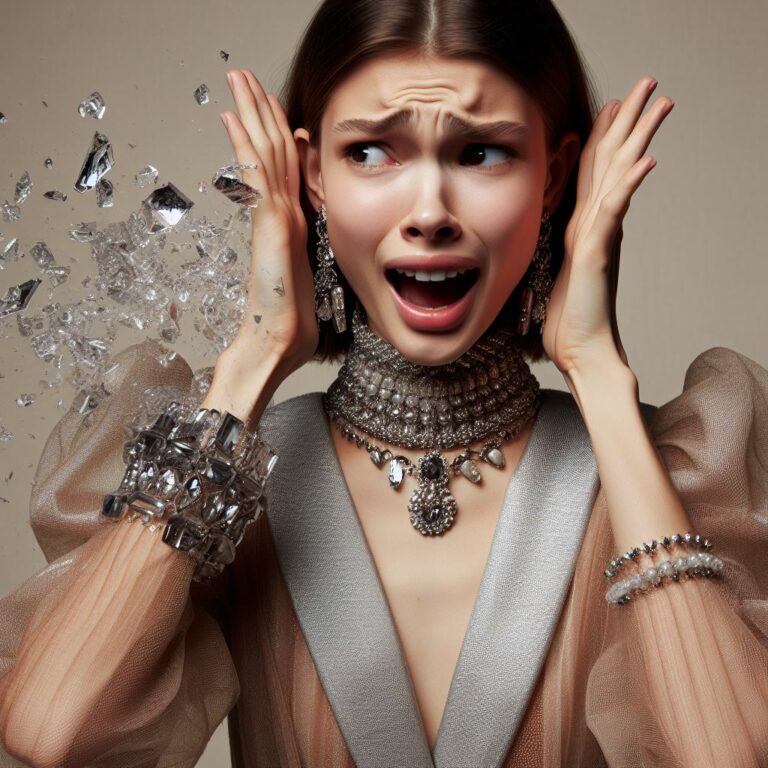Why Can’t I Run in My Dreams? The Science Explained
Have you ever had a dream where you’re trying to run but it feels like you’re moving in slow motion? No matter how hard you try, you just can’t seem to get your legs moving at full speed. If this sounds familiar, you’re not alone. Many runners experience this sensation of slow running in their dreams. But what does it mean, and why does it happen?
Here’s a quick interpretation:
During REM sleep when dreams occur, communication breaks down between your brain and muscles, allowing only sluggish simulated movement. So even as your mind envisions running strides, your body remains relaxed and inactive. Slow dream running typically signifies feelings of frustration or barriers holding you back, not physical limitations. With real-life training, you can overwrite negative images with faster pace dreams.

What’s Going On in My Brain When I Dream?
To understand why you may feel like you’re slogging through peanut butter while dream running, it helps to know what’s happening in your brain during the different cycles of sleep.
“When we are fully awake and alert, our brain waves are in a faster beta state. But during sleep, our whole body slows down, and this includes brain wave activity,” explains sleep psychologist Dr. Nancy Irwin.
During the REM (rapid eye movement) phase when most vivid dreaming occurs, your brain waves actually speed up closer to the awake beta state. But the communication between your brain and muscles is disrupted.
“There is reduced input from the muscles and the senses, which can make it feel as if one is moving more slowly or is stuck in place,” says running coach Jonathan Poston.
So in essence, while your brain is active and imaginative in REM sleep, it loses its ability to signal your muscles to move with any speed or coordination. That’s why you may feel trapped in a slow mo run even if you’re visualizing racing strides in your dreams.
Common Theories About Slow Dream Running
Since dream interpretation is more art than science, experts have proposed a few theories about what sluggish running dreams may represent:
- Underlying self-doubts. Do you worry that you’re losing your edge? Are you lacking running confidence lately? “When a runner dreams about that, it typically means they are feeling inept, inferior, slowed down,” says Dr. Irwin. Your dreams could be manifesting unconscious anxieties.
- Powerlessness or disappointment. If you’re recovering from an injury or coming back from a bad race, dreams about slow running could indicate feelings of frustration. According to Dr. Irwin, the dreams are “metaphorical – we are feeling powerless, not up to snuff, disappointed in ourselves.”
- Feeling held back in life. Dreams tend to symbolize waking emotions, explains coach Poston. So plodding along in dream runs may represent a sense that you’re being hindered in some personal or professional goal.
- Fear or danger. The brain’s response to perceived threats can create a physical paralysis. “It’s possible the slow running could be related to a sense of fear,” says Poston. The nightmares tap into that frightened feeling.
So in many cases, slow dream running seems to reflect emotional barriers we need to overcome, not physical ones. But should you put much stock in these bizarre running dreams?
Do My Dreams Predict My Running Potential?
Despite the many dream analysis theories out there, most experts agree that your dreams are not fortune telling an impending race result or running ability.
“Dreams are NOT prophetic or pre-cognitive. They are releasing the unpleasant feeling to allow more space to create success,” explains Dr. Irwin.
Think of your dreams as an outlet for stress or uncertainty. By expressing them at night, you can then release these worries that might otherwise negatively impact your running confidence.
That said, paying attention to any patterns in running dreams could provide insight into your mental state.
“The more any athlete understands their feelings, the more able they are to manage and change to a more positive mindset for optimal performance,” notes Dr. Irwin.
So tap into whether recurring slow running dreams may indicate lingering doubts or fears holding you back. Then during waking hours, replace those negative images with positive affirmations and training wins.
Strategies to Run Faster in Dreams
While you can’t entirely control the content of your dreams, using visualization and mental techniques could help overwrite the slow running dreams with faster pace images over time.
Coach Poston recommends truly imagining what faster running feels like from a first-person perspective during awake visualization training. Consider the following to troubleshoot sluggish dream running:
- What feelings make me slow down in dreams?
- How can I change those sensations?
- What sensations should I feel to know I’m running faster?
“The trick is to not only visualize going faster but to engage mind and body from a first-person point of view, going faster,” explains Poston.
If you do this when you’re awake and fully able to feel your body moving, you can then tap into those fast running memories and sensations during night dreams too.
Tips for Faster Dream Running
- Do speedwork. The more time you spend actually running faster paces, the more your brain will imprint that kinesthetic feeling to tap into during REM dreams.
- Slow down in life. Feeling overwhelmed, overscheduled, or behind on goals can all manifest as slow motion in dreams. Build in more rest and recovery to your routine.
- Address emotional barriers. If feelings like anxiety or disappointment are creeping in, talk to a coach or therapist. Tackling issues head-on can prevent them from spilling into dreams.
- Visualize speed. Spend time before bed picturing fluid strides, strong leg turnover, arms pumping. Your brain may latch onto these images during sleep.
While puzzling, slow running dreams are no reason to fret about your running prowess. Pay attention to any consistent themes that could impact your confidence. But ultimately trust your training, let the stress dreams go, and float on to faster dreams ahead!
FAQ
1. Why am I running in place in my dreams?
Running in place without moving in dreams is often connected to feelings of frustration, lack of progress, or not being able to move forward in some area of your waking life. It could represent feeling “stuck” on a problem.
2. Why do I have dreams where I’m being chased but I can’t run away?
Dreams of being chased but unable to flee often symbolize avoidance of a difficult situation or unresolved emotions in waking life. Your dreams are urging you to stop running away from the issue and turn to face it.
3. What does it mean when I trip while running in a dream?
Tripping or falling down while trying to run in dreams tends to relate to loss of confidence, feelings of vulnerability, or worrying you’ll fail at something you’re working towards. It may indicate some inner clumsiness or dread risking a fall.
4. Why can I start running easily but then my body feels extremely heavy in dreams?
A dream scenario where running feels easy at first but then your limbs start feeling heavy and hard to move often symbolizes taking on too many responsibilities or burdens in real life. Your dreams are showing the toll it takes.
5. If I’m training for a big race, will dreaming I can’t run or finish suggest I won’t achieve my goal?
No, dreams of struggling to run well likely just signify normal self-doubt, nerves or fear of failure common when taking on something challenging. Don’t take the dreams literally – keep working towards your waking life race goals.






